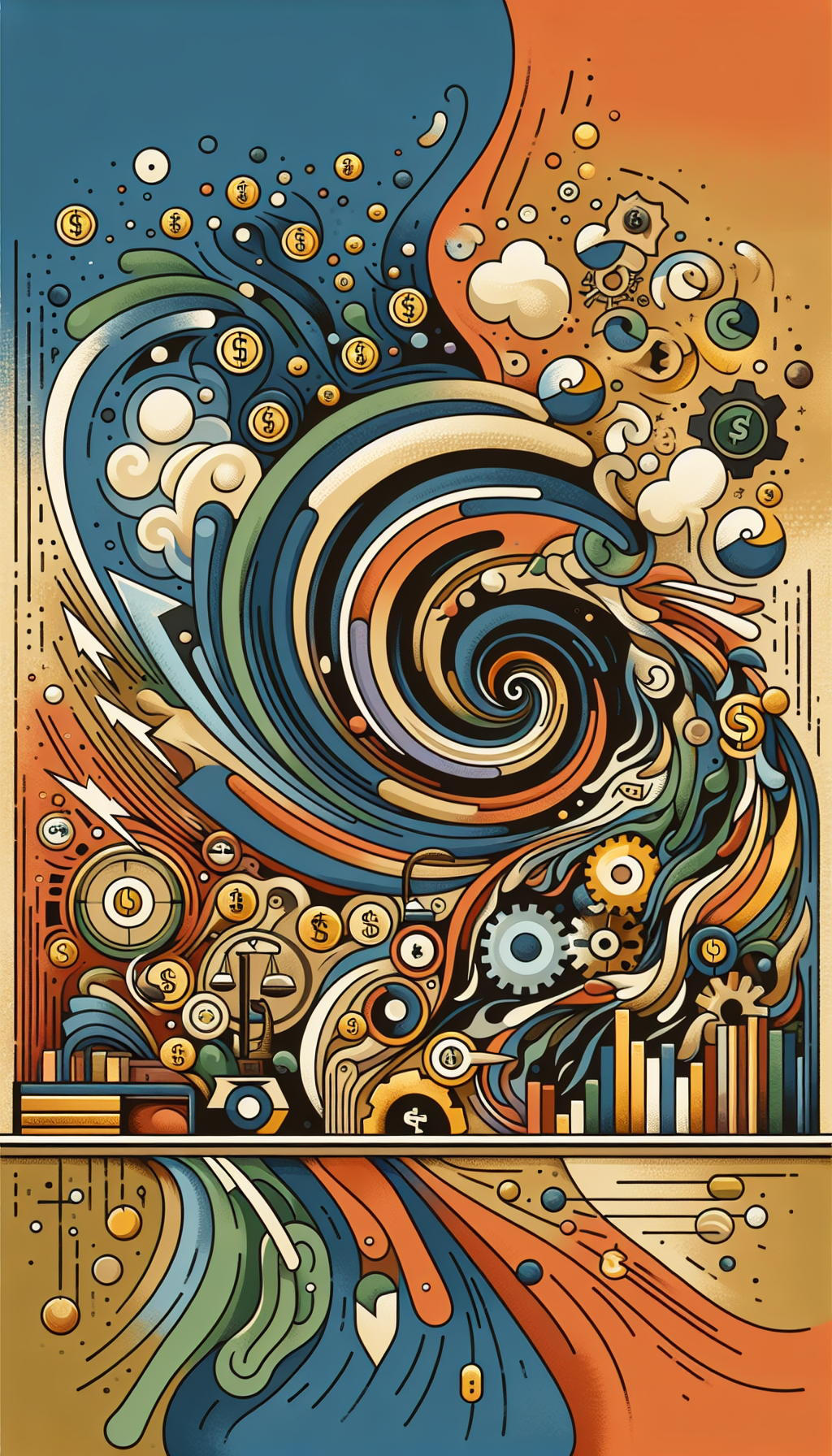Market disruption has become a constant in today’s rapidly evolving business world. From the tech sector to politics, all the way to sports, disruption is not only reshaping industries but also propelling significant shifts in power dynamics and consumer preferences.
Two prominent figures exemplifying this disruption are Donald Trump and Elon Musk, both of whom have managed to create their own realities. Trump, a former reality TV star and businessman, leveraged his personal brand to become the president of the United States. Musk, the CEO of Tesla and SpaceX, has not only revolutionized the automobile and space industries but also ignited a social and cultural revolution, encouraging the widespread adoption of electric vehicles and the exploration of space.
This phenomenon isn’t limited to individual disruptors. Major tech corporations are also leading the charge, with Alphabet, Google’s parent company, recently acquiring cybersecurity firm Wiz in its largest-ever deal.
This landmark acquisition, worth $32 billion, is a clear indication of the importance of cybersecurity within the tech industry and the ever-increasing value of safeguarding digital assets.
However, disruption doesn’t come without its risks, as evidenced by the recent supply chain attack compromising GitHub Action tj-actions/changed-files. This incident, which resulted in a breach of secrets from targeted repositories, highlights the vulnerabilities inherent in our interconnected digital ecosystem. It’s a sobering reminder that in an era of unprecedented technological advancement, cybersecurity must remain a paramount concern.
Even in the realm of professional sports, disruption is omnipresent. The Minnesota Vikings’ recent big spending in free agency, totaling over $300 million, illustrates the seismic shifts occurring in team strategies and player acquisition methods. This approach disrupts traditional paradigms, emphasizing the importance of investment and bold decisions to remain competitive.
The common thread running through these diverse examples is that market disruption is no longer an isolated event; it’s a continuous process reshaping industries and society at large. Whether it’s an influential individual driving change, a tech giant exploring new frontiers, or a sports team rewriting the rulebook, disruption is the new norm in today’s business landscape.
Embracing disruption requires adaptability, foresight, and a willingness to take calculated risks. As these recent events illustrate, those capable of harnessing the power of disruption are likely to emerge as the leaders of tomorrow.
Conversely, those resistant to change may find themselves struggling to keep pace in an increasingly dynamic and unpredictable world.
In conclusion, market disruption is a multifaceted phenomenon that transcends traditional boundaries.
Its effects are far-reaching and transformative, necessitating a proactive and strategic approach from businesses and individuals alike.
As the pace of change continues to accelerate, disruption will undoubtedly remain a defining feature of the business landscape, driving innovation, reshaping industries, and altering the course of history.
